Events & Blogs
Events & Blogs
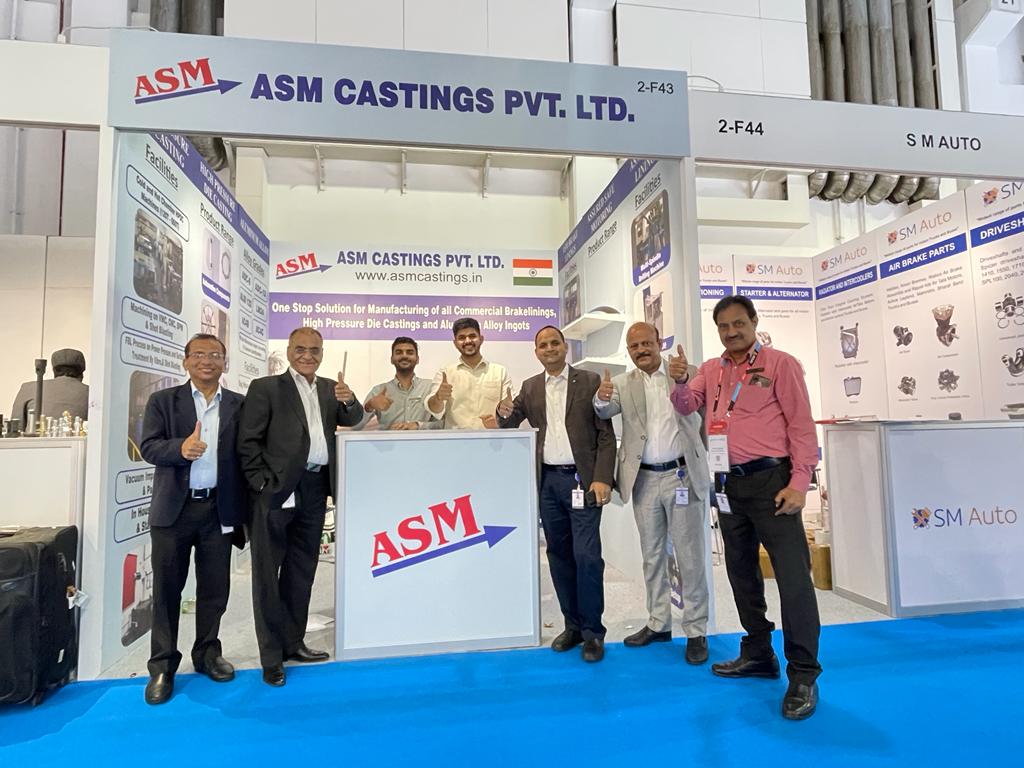
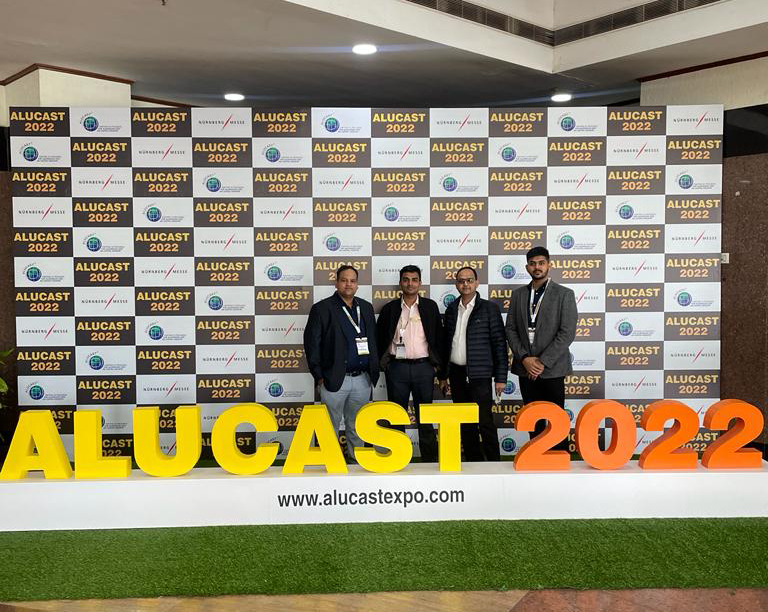
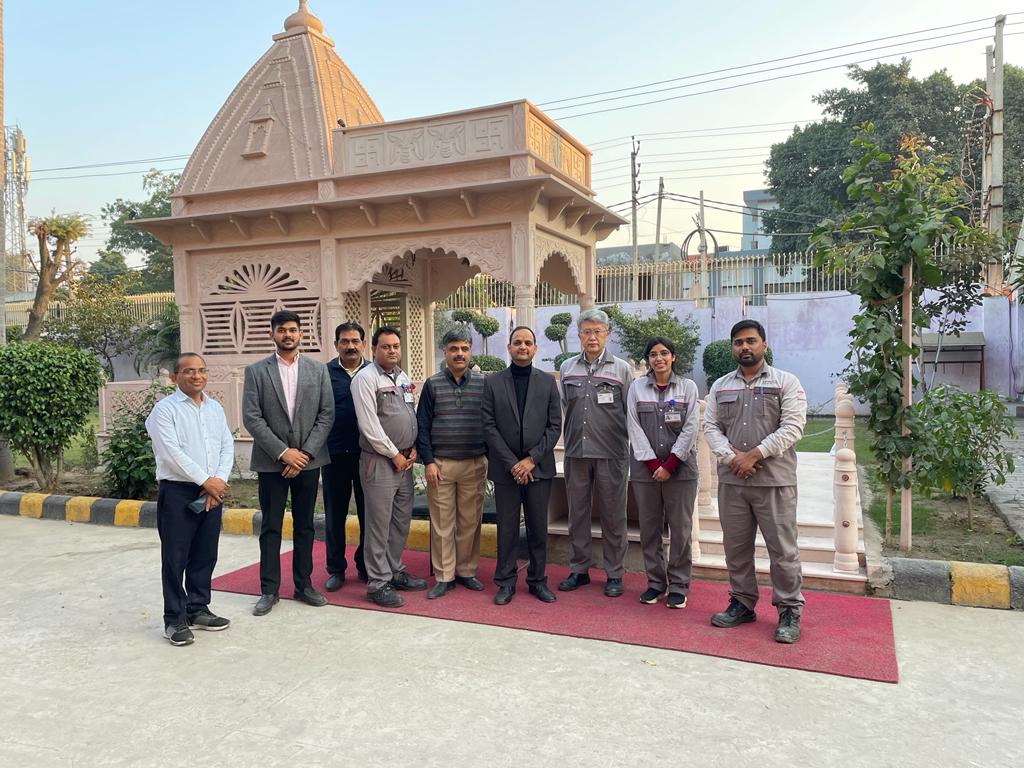
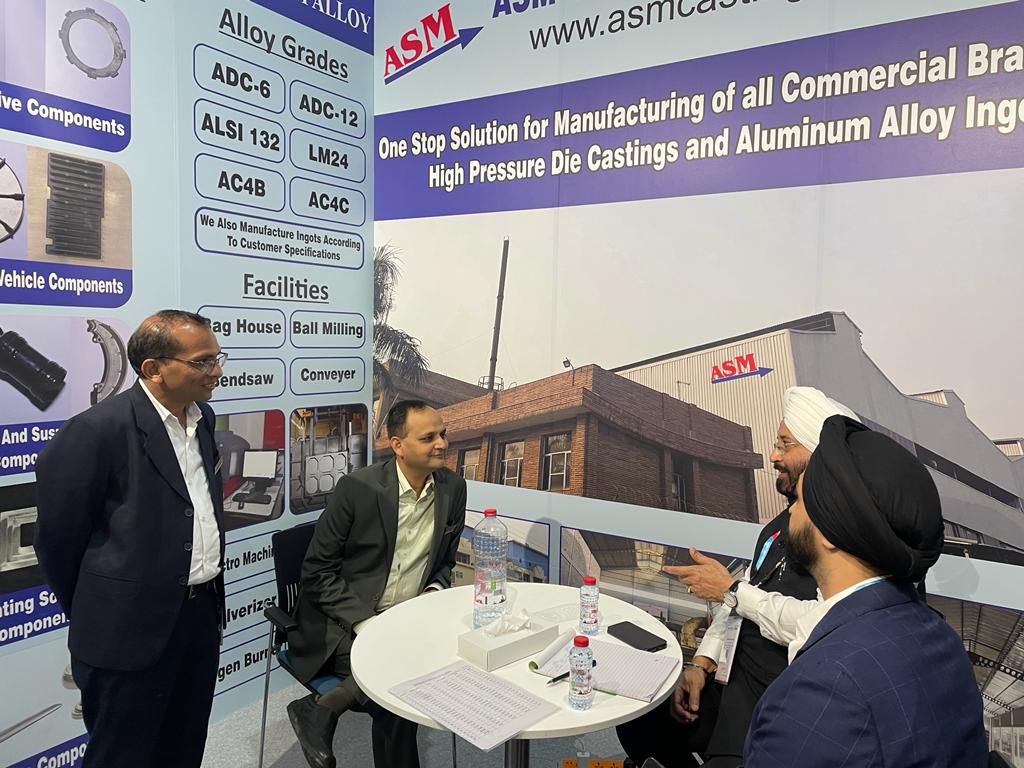
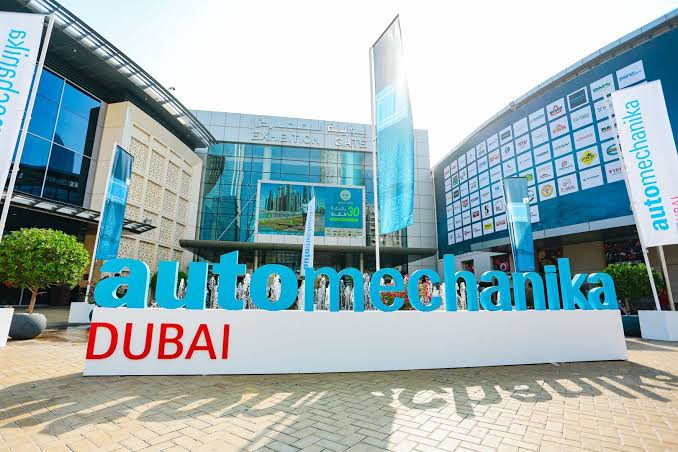
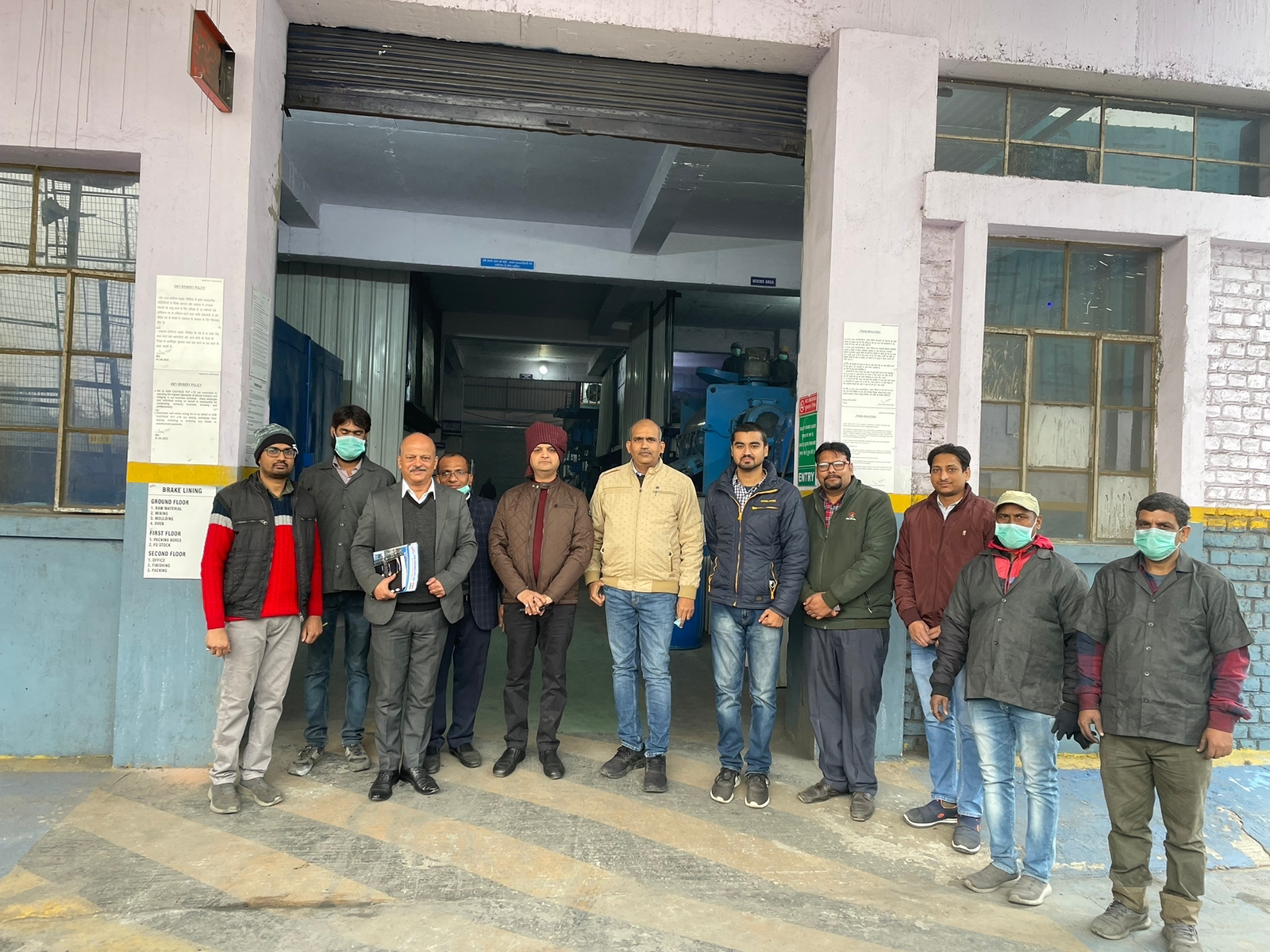
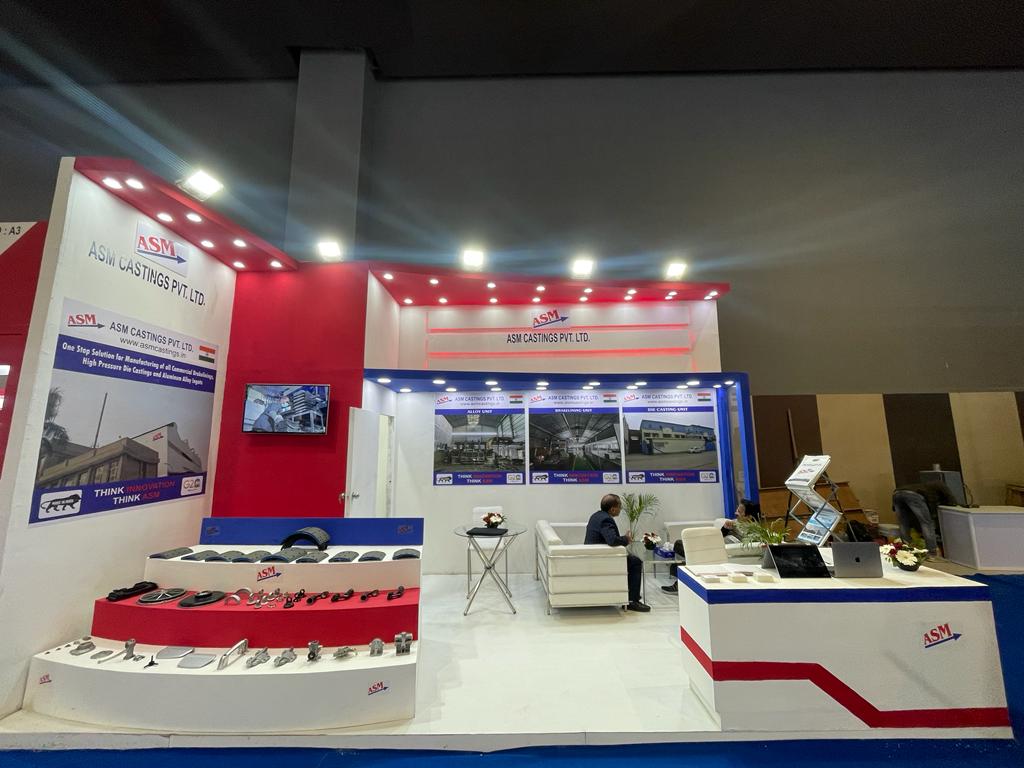
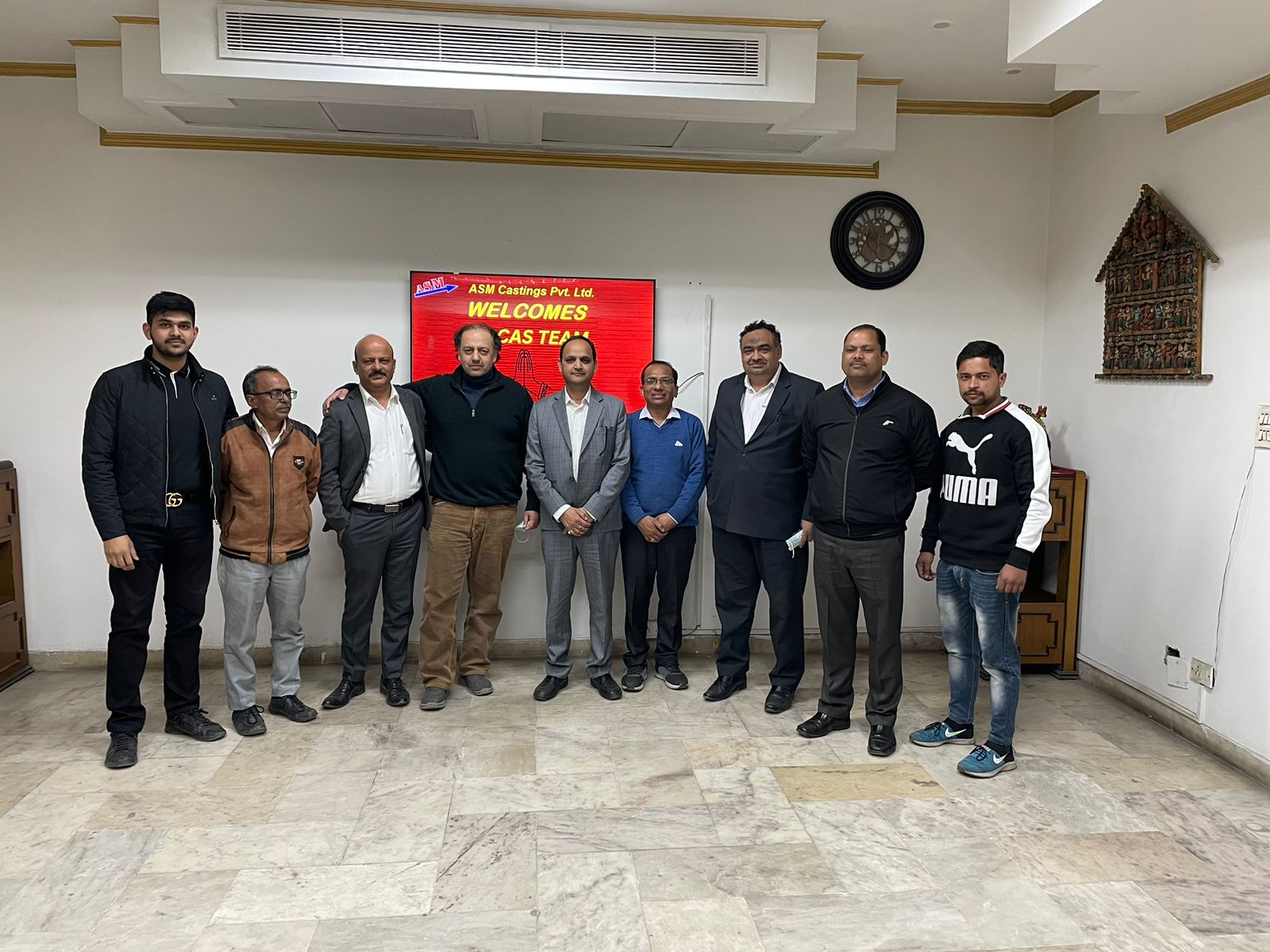
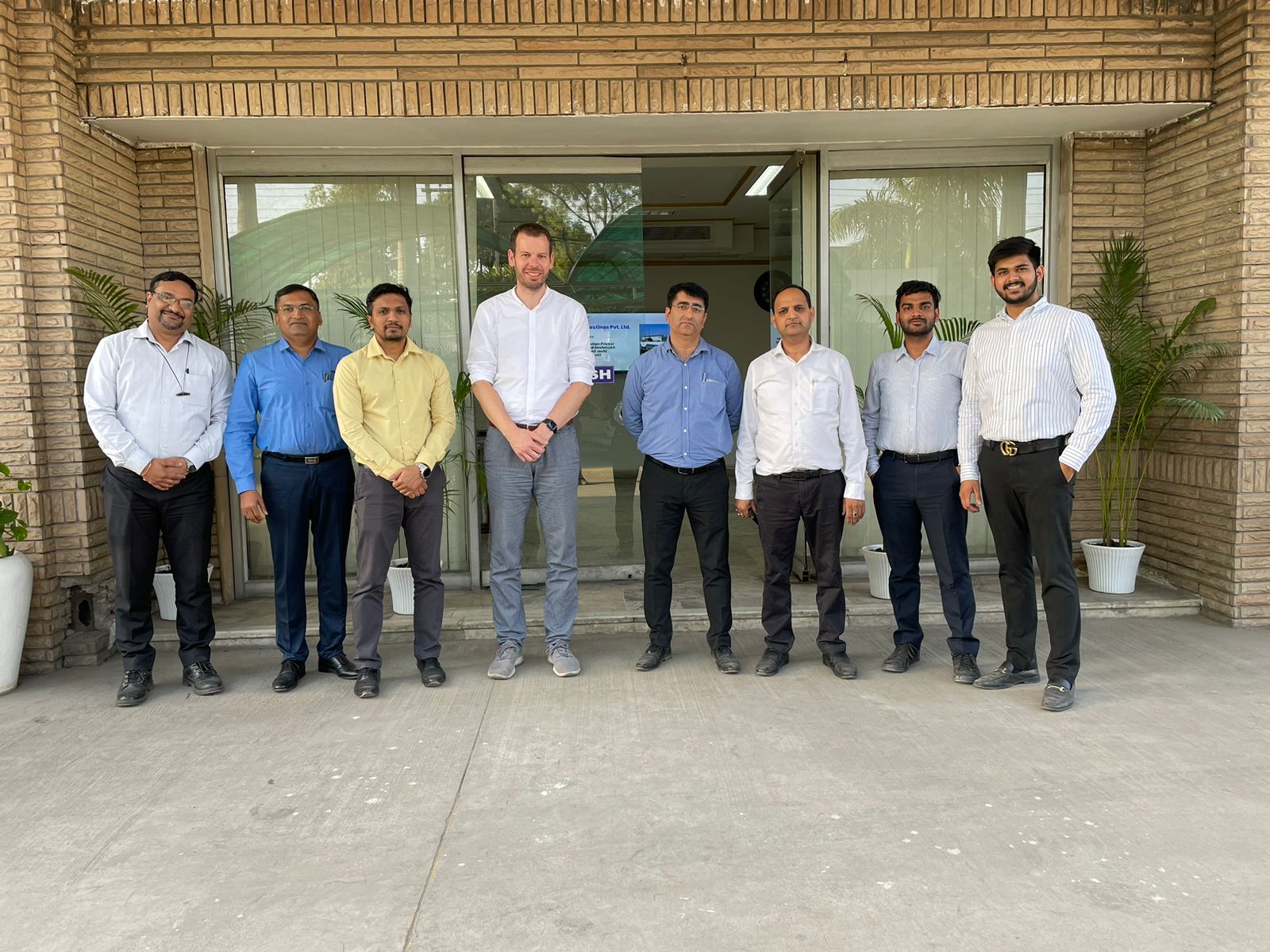
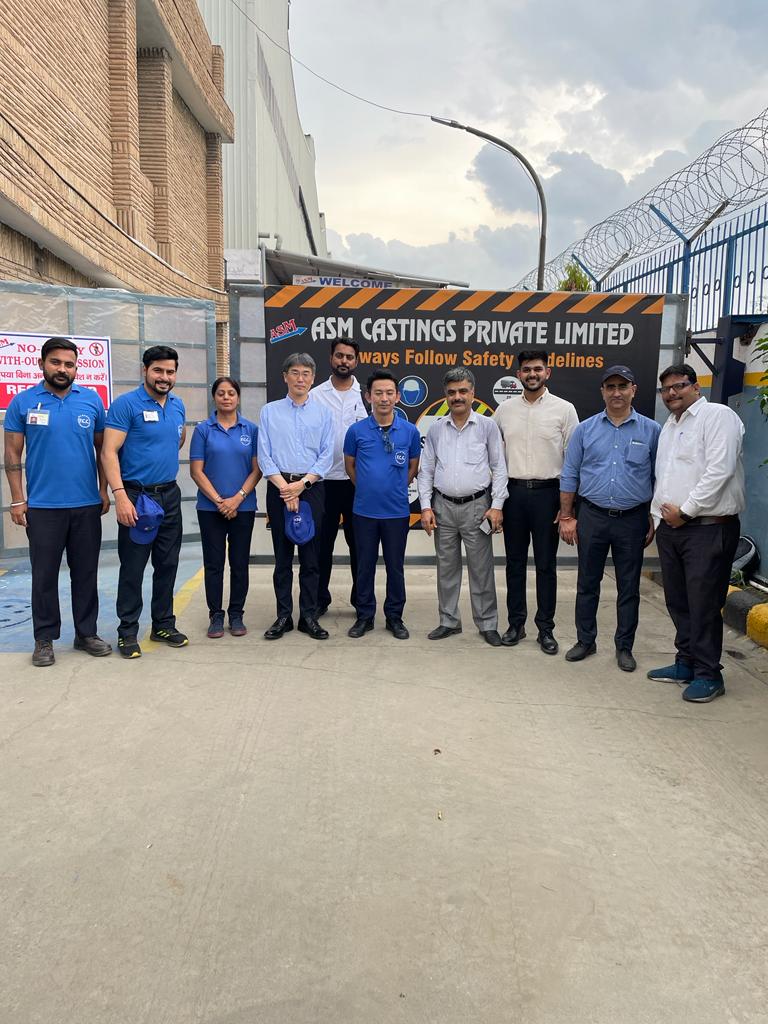
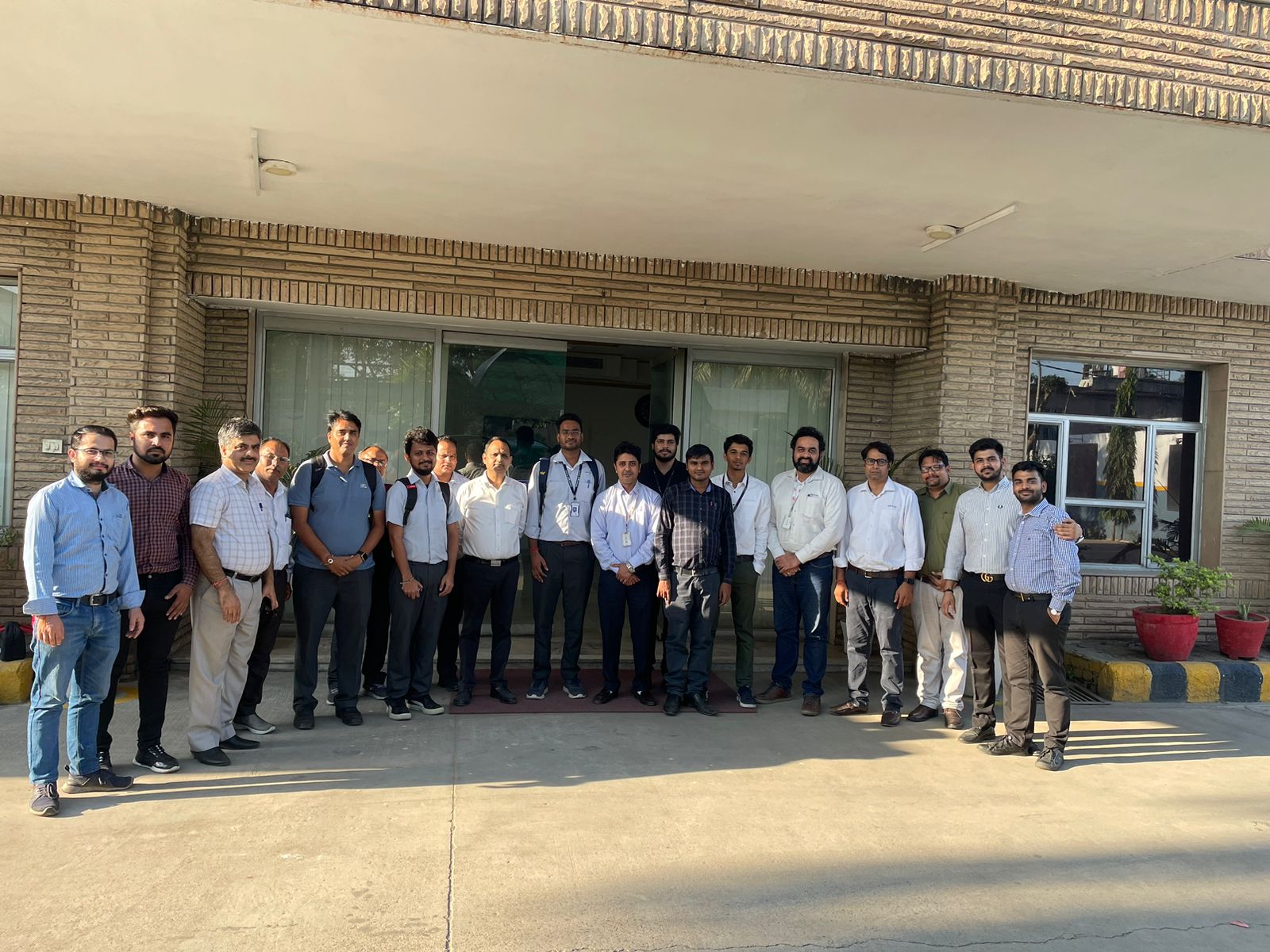
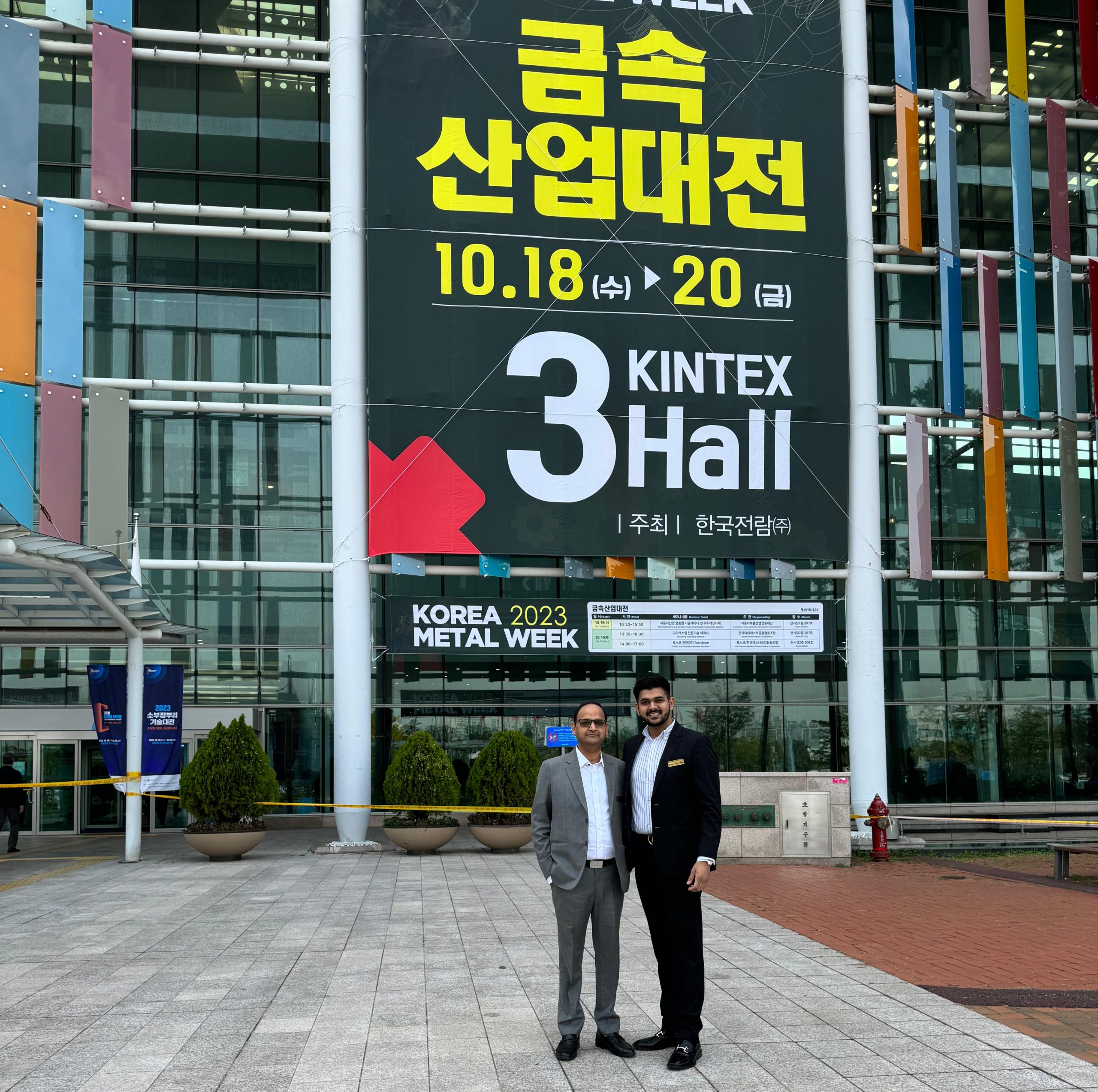
Why To Choose Casting Over Forging For Huge Production?
Die casting is the most efficient process for high volume precision castings. This process produces castings with the highest tolerances, strength as well as having the highest production rates. Although initial tooling costs are high but with casting, extremely high volumes can be achieved.
Speed is critical. Customers expect a 24 hour response time. They are delighted by hearing from you within 6 hours and amazed by a 1 hour response. The faster you respond to your customers the easier it becomes to close a sale or solve a problem. Failure to return a call or email is inexcusable. When responding to a customer complaint always begin by assuring the customer that you will fix their problem. This immediately removes the adversarial relationship that can lead to messy and expensive confrontations.
How To Achieve 100% Customer Satisfaction With 0 Complaints?
What Is Alloying And Is Application?
Alloy is a metal made by combining two or more metallic elements, especially to give greater strength or resistance to corrosion. Aluminium alloys are widely used in the fields of electric module packaging, electronic technology, automotive body structure, wind and solar energy management, due to the advantages of high specific strength, high processability, predominantly anti-erosion, increased conductivity, eco-friendly nature and recoverability.
VMC machining refers to machining operations that utilize vertical machining centers (VMCs), which, as the name suggests, have vertically oriented machine tools. These machines are primarily utilized to turn raw blocks of metal, such as aluminum or steel, into machined components. They can be used to perform a variety of machining operations, including, but not limited to, the following: cutting, drilling, tapping, countersinking, chamfering, carving, and engraving. This versatility, combined with their relatively low cost, has made them a highly common machine shop tool.
- Simpler structure. The simple structure of VMCs makes it easy to clamp the workpiece in the necessary position.
- Better cooling efficiency. Gravity works with the VMC design. Coolant sprayed at the top of the machine tool and workpiece trickles down to cover the rest of the target.
- Easier setup and operation. VMCs have a wide field of vision, enabling operators to observe the operations and, if needed, make modifications to resolve any issues.
- Smaller space requirements. The vertical design takes up less floor space than a horizontal design.
- Higher accuracy. VMCs can produce complex shapes and structures with a high degree of accuracy.
What Is Die Casting And It’s Scope?
Die casting is a much more modern, technologically advanced form of metal shaping. The metal is melted and forced into a closed die via hydraulic or pneumatic pressure, where it will then cool into the desired shape. The resulting component is considered a “casting.” Once it has cooled and hardened, the ejection process can begin, allowing for the removal of the piece.
Zinc casting alloys provide a better combination of strength, toughness, rigidity, bearing, performance and economical castability than any other alloy possible. In fact their properties often exceed the ones of other alloys such as aluminium, magnesium, bronze, plastics and other cast irons.
Aluminium castings is chosenbecause it has demonstrably the best combination of physical and mechanical properties for casting, including being lightweight, very strong at high temperatures and corrosion resistant also excellent strength-to-weight ratio, electrical/thermal conductivity and high ductility.
Why Should We Go For Zinc Or Aluminium Castings?

